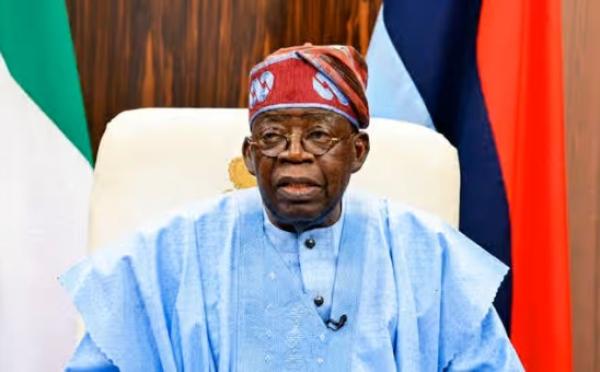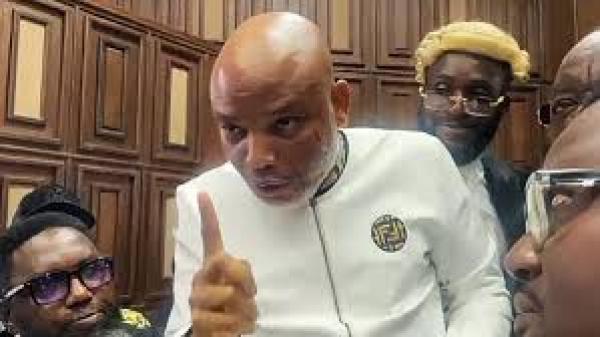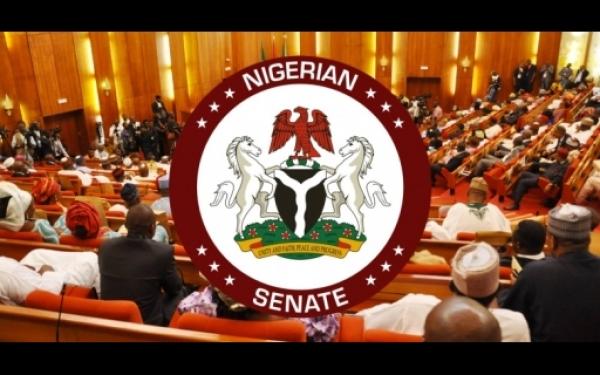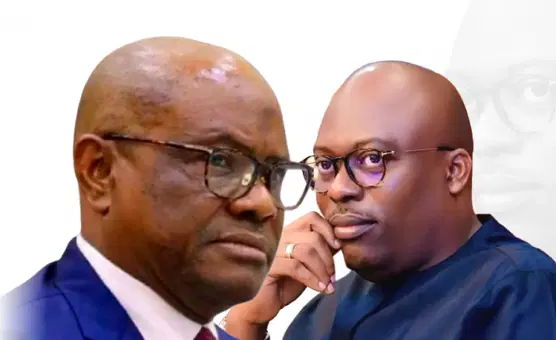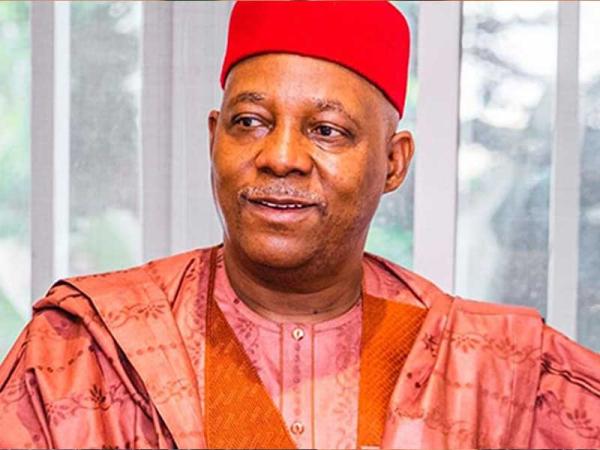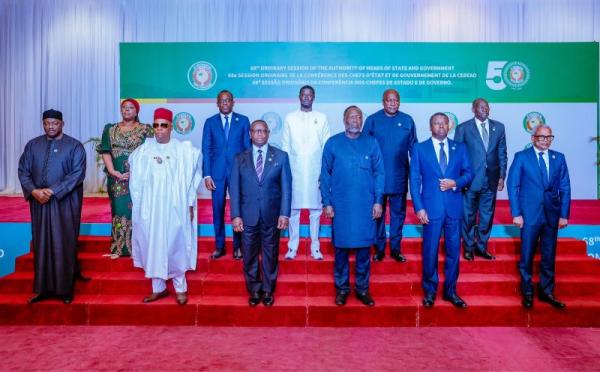In a time of growing unrest and political upheaval in West Africa, experts have gathered to address the critical issues of unconstitutional regime changes and presidential term limits facing the region.
The Economic Community of West African States (ECOWAS) has taken centre stage in these discussions, as the organization strives to find lasting solutions to the civil unrest and coup d’état plaguing its member states. The three-day high-level Parliamentary Seminar held in Winneba, Ghana, served as a platform for influential figures like Prof. Raymond Atugba and Mohamed Ibn Chambas to share their insights and recommendations.
One of the key proposals put forth during the seminar came from Prof. Raymond Atugba, the Dean of the University of Ghana. He emphasized the importance of implementing automatic monitoring mechanisms for both economic and political indices. Prof. Atugba argued that just as ECOWAS uses automatic mechanisms to collect funds, it should apply a similar approach to monitor economic criteria. By doing so, early warning signals could be detected, enabling preemptive action to be taken.
Prof. Atugba underlined the link between economic and political stability, citing historical examples where the absence of economic progress eventually led to coups. He urged political leaders to recognize that citizens seek not only political change but also improved economic conditions. Neglecting the latter, he warned, could result in public discontent and potentially lead to coups or civilian uprisings.
His message to aspiring political leaders was clear: “People vote at the ballot box to vote for you not because they want to end the political Kingdom, they see you as a means to reach the economic Kingdom. If you don’t take them to the economic Kingdom, they will kick you out either through a military coup or a civilian coup.”
Prof. Atugba also suggested that monitoring economic criteria, such as GDP, minimum wage, inflation, interest rates, exchange rates, prices of natural resources, and military spending, could help detect countries at risk of political instability.
Mohamed Ibn Chambas, former President of the ECOWAS Commission, echoed the need for a diplomatic approach to deal with military takeovers in the sub-region. He emphasized the importance of African solutions to African problems, urging ECOWAS to take the lead in resolving regional conflicts.
Chambas stressed the need to condemn coups unequivocally and to maintain pressure on military regimes. However, he cautioned against escalating conflicts militarily, particularly in the fragile Sahel region. Instead, he called for diplomacy and negotiation as the primary means of addressing political instability.
The former ECOWAS Commission President advocated for ECOWAS to assert itself as the driving force behind African solutions, allowing regional bodies the space and autonomy to develop and implement strategies to consolidate democratic governance.
President Nana Akufo-Addo of Ghana, speaking at the seminar, expressed deep concern over the state of democracy in West Africa. He pointed out that the sub-region faces significant economic, political, social, and security challenges, leading to a decline in democratic relations.
Akufo-Addo highlighted the alarming trend of military takeovers in four ECOWAS member states and the culture of violence and disputes during elections. He identified three major threats to regional democracy: elite manipulation of constitutional rules, the remilitarization of governance, and the destabilizing actions of terrorist groups and armed criminal gangs.
The Ghanaian President emphasized that legitimacy comes from a mandate freely given by the people through fair, peaceful, and transparent elections. He cited the recent coup in Niger as particularly tragic for the consolidation of democracy in the region.
Akufo-Addo urged parliamentarians to oppose presidential term extensions that create discontent among the populace, potentially leading to military interventions. He emphasized the vital role of parliament in upholding democratic values, promoting the rule of law, and ensuring accountability.
In a surprising turn of events, a rowdy session erupted during the seminar when parliamentarians disagreed over a presentation by the West Africa Youth Alliance proposing the establishment of a Youth Parliament in the sub-region. The third Deputy Speaker, Hon. Memounatou Ibrahima from Togo, argued that the presentation did not follow the parliament’s traditional procedures.
The disagreement highlighted the importance of proper protocols and housekeeping within the ECOWAS Parliament. The session was temporarily calmed by the First Deputy Speaker, Ahmed Idris Wase, who suggested addressing the issue during a closed-door session.
The seminar attendees, including influential figures and parliamentarians, recognize the imperative mission of safeguarding democracy, promoting the rule of law, and addressing economic disparities. The path forward involves diplomatic solutions, regional cooperation, and a commitment to democratic values to ensure a brighter and more stable future for West Africa.












